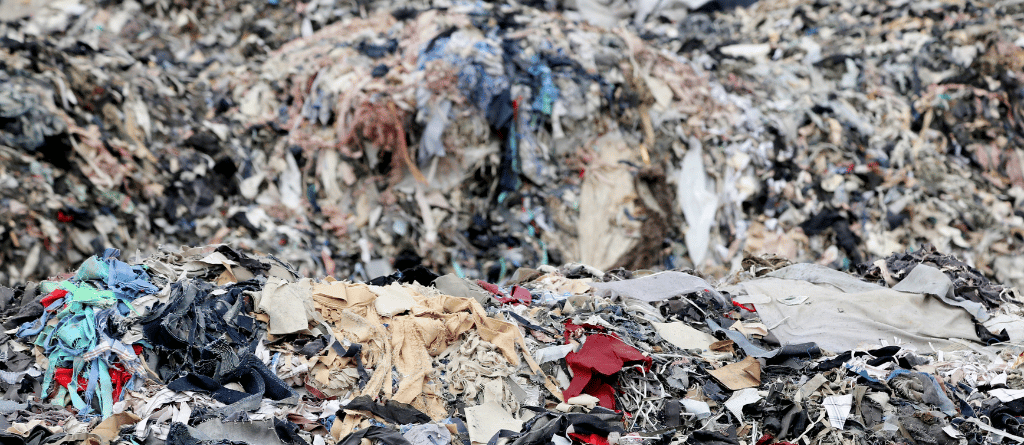Engaging employees with little time to spare in sustainability initiatives can be challenging. However, it’s important to ensure that everyone in your organisation is contributing to making your workplace more sustainable. By engaging all employees in your green mission, you can create a culture of sustainability, boost employee engagement, and reach your net zero goals faster. So, here’s how to engage your time pressured employees in sustainability:
Make it convenient
First and foremost, make it convenient. Make acting sustainably as convenient as possible for your busy employees and they will be more likely to do so. For example, have adequate recycling bins, proper sustainability signage, and provide easy to follow guidelines for sustainable practices. Research has found that external influences on behaviour, such as signage or provision of sustainability resources, successfully influence behaviour change as it makes it more convenient for individuals to make better choices.
Make it relevant
Make sustainability initiatives relevant to your busy employees’ day-to-day work. This can include reducing energy consumption, reducing waste, or promoting sustainable commuting options. You can also include a role-specific sustainability goal within each employee’s performance review, this is something that The Estée Lauder Companies use to engage employees in sustainability.
Make it fun
Who can resist a good laugh? By making sustainability initiatives fun we make them more human, and ultimately more engaging. Adding an element of fun to these initiatives ultimately creates sustainable habits in individuals engaging in them. Therefore, you can create competition to encourage employees to make a difference by livening up your eco endeavours. Simultaneously, you can boost your green credentials and positive work culture.
Provide incentives
Using incentives is a great way to get employees involved in your sustainability initiatives. This can include prizes, such as vouchers or treats, extra time off, or even recognition for their efforts. Research has shown that having a green reward system in place improves employee’s perception of the workplace and motivates recipients to perform sustainable actions.
Provide education
Make time for employees to receive sustainability training. Research has shown that providing education and training on sustainable practices helps employees understand the importance of the initiative and how they can get involved. It has been found to successfully reduce waste as well as energy consumption.
In conclusion, engaging employees in your sustainability initiatives is essential for reaching your net zero goals. By making initiatives convenient, fun, relevant, and offering incentives you can engage busy employees in sustainability. If you liked this blog, join our mailing list, or request a demo and find out how Jump can do it for you.









